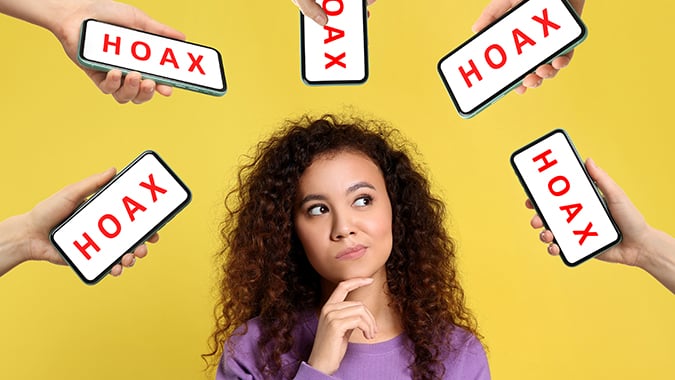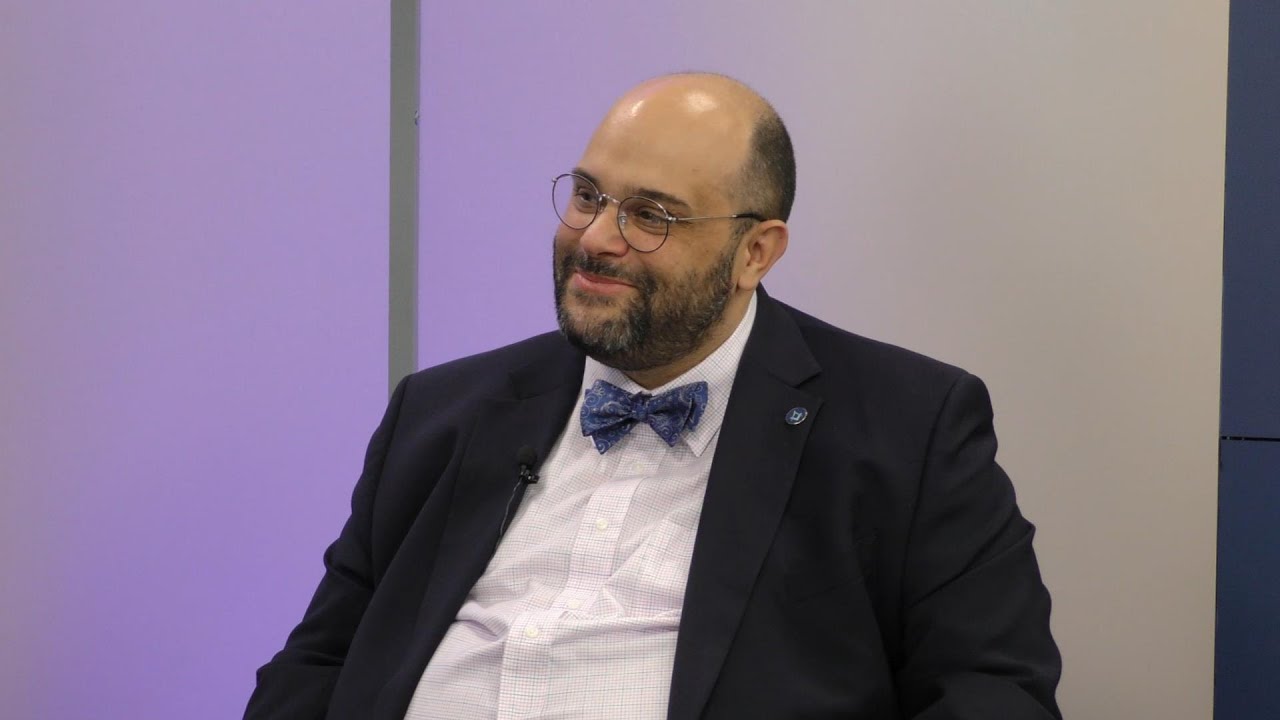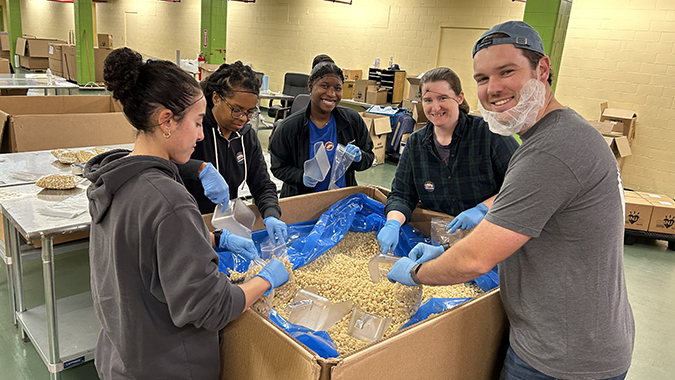Business owners should get tax advice from trusted tax professionals, not social media posts, says the IRS, which this week issued an alert about online schemes that have led to taxpayers filing inflated returns claiming credits for which they are not eligible.
Specifically, the IRS is warning businesses about the Fuel Tax Credit and the Sick and Family Leave Credit. The IRS has increased its compliance efforts related to false and/or questionable returns related to the use of these and other tax credits promoted on social media.
“Scam artists and social media posts have perpetuated a number of false and misleading claims that have tricked well-meaning taxpayers into believing they’re entitled to big, windfall tax refunds,” IRS Commissioner Danny Werfel said in bulletin IR-2024-139.
“These bad claims have been caught during our fraud review process,” he said. “Taxpayers who filed these claims should realize they’ve been tricked, and they face an extensive review process and a long potential wait if they’re owed a refund for other things.”
For example, the federal Fuel Tax Credit is a specialized credit designed for off-highway business and farming use. Taxpayers need a business purpose and a qualifying business activity, such as running a farm or purchasing aviation gasoline, to be eligible for the credit. Most taxpayers do not qualify for this credit.
Nevertheless, the IRS has seen an increased number of fictitious claims on Form 4136, Credit for Federal Tax Paid on Fuels. Those who promote incorrectly claiming a Fuel Tax Credit are looking out for their own financial interest by charging the taxpayers inflated fees. However, taxpayers should realize the IRS has heightened scrutiny on this scam and that people claiming it improperly risk compliance action by the IRS.
Taxpayers have also been misled regarding credits for Sick and Family Leave, the IRS said. This specialized credit was available to self-employed individuals for 2020 and 2021 during the pandemic but is no longer available for the 2022 or 2023 tax years. The IRS said it is seeing repeated instances where taxpayers are incorrectly using Form 7202, Credits for Sick Leave and Family Leave for Certain Self-Employed Individuals.
To avoid legal action, taxpayers must submit an amended return for each taxable period in which an inappropriate claim was filed within 30 days of receiving an IRS letter or notice. Claims based on a position identified as frivolous by the IRS – or reflecting a desire to delay or impede tax administration – are subject to a $5,000 penalty for each return claiming an improper credit as defined above.




